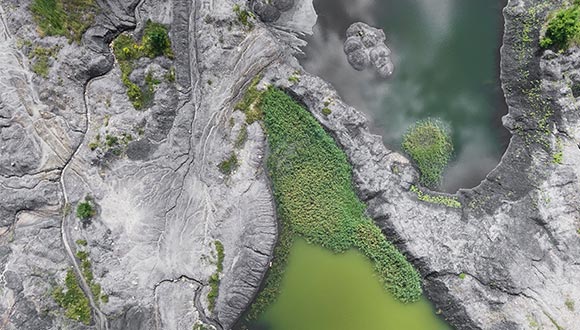Wild plants secrete compounds that would help to avoid using pesticides and fertilizers
A work by CSIC and CREAF scientists highlights that wild plants are more fertile and more resistant to pests than traditional crop varieties because their roots release substances that help them to capture more nutrients and fight pathogenic bacteria and fungi in the soil. If these natural properties were transferred to conventional cultivated varieties, agricultural yield could be improved and the ecological impacts of pesticides and industrial fertilizers reduced.



